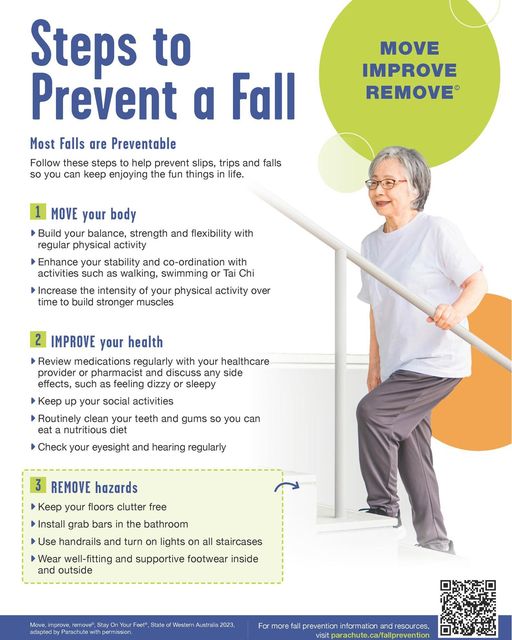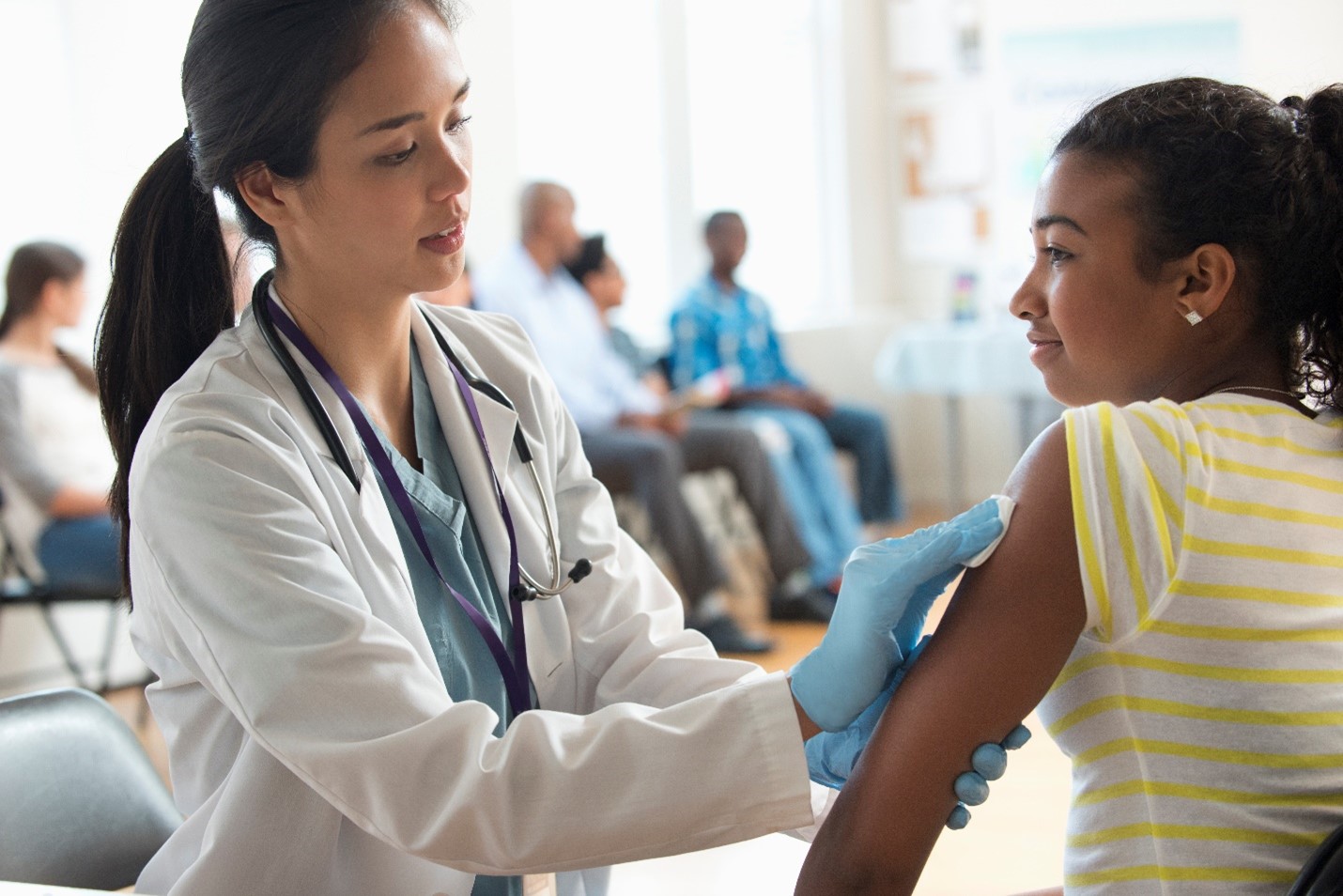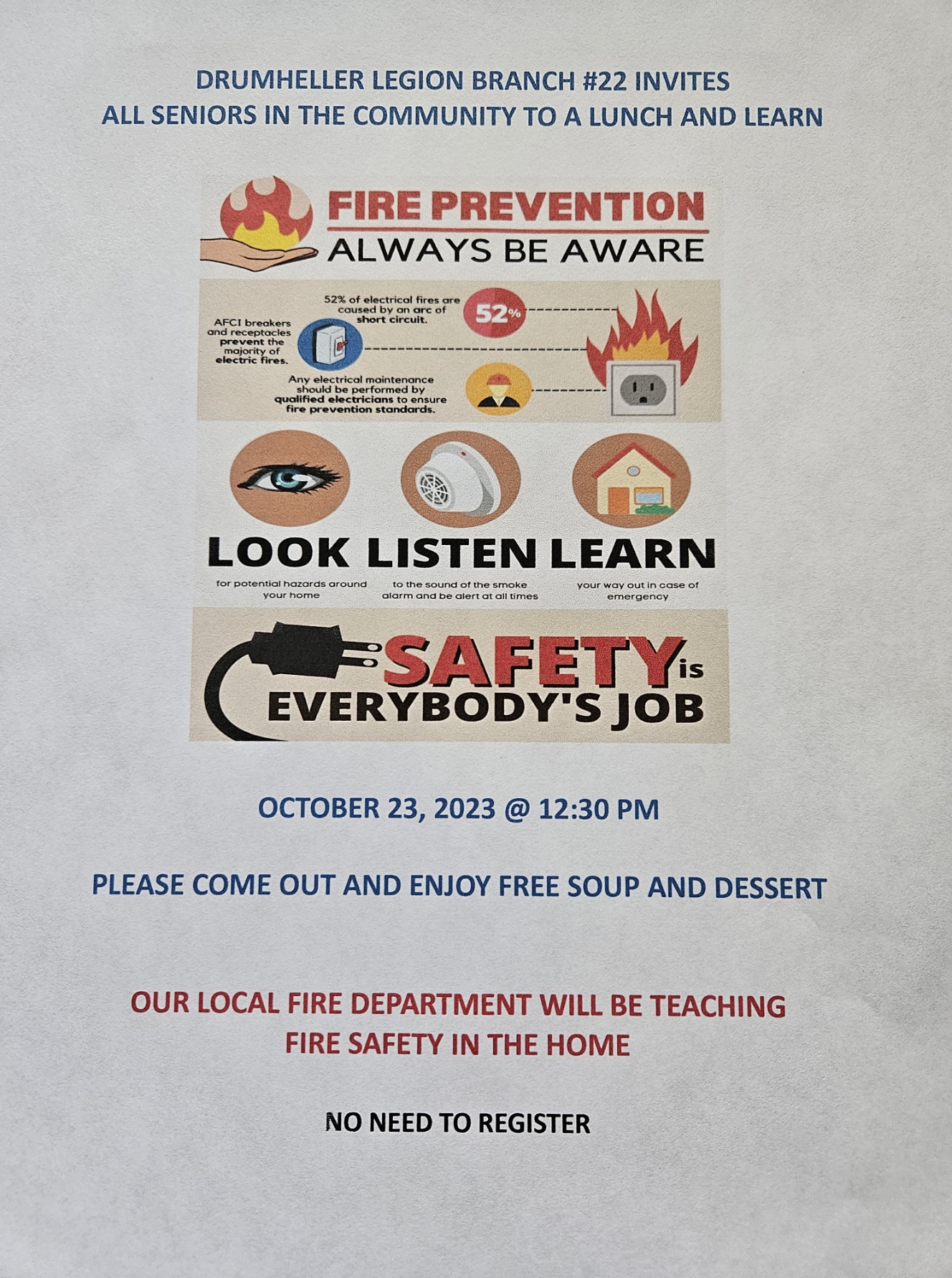Falling is a typical part of development as children walk, climb, run, jump, play and explore their environment. While most falls in children don’t cause serious injury, nearly 4,500 children from birth to 14 years were admitted to a hospital in a single year as a result of a fall. This makes falls the leading cause of hospital admissions from injury in those ages 0 to 14.
As children grow older, where they fall changes.
• Infants and young toddlers typically fall around the home – from furniture, beds, change tables, highchairs or down the stairs.
• Older toddlers tend to fall while walking, running or crawling around the house.
• Children between 5 and 9 years of age most often fall at playgrounds.
Home should be a safe place for children to learn and grow. However, most fall-related injuries to children under five happen in the home. Children are vulnerable in this environment because heights, space and structures are built for adult use and comfort, often creating hazards for children. Children also have a natural curiosity about their environment and love to explore.
Safety Tips
❧ Take time to get down on the ground and look around to see the world through your child’s eyes to identify hazards around your home.
❧ Buckle your child in their highchair or stroller every time.
❧ Always set car seats and other carriers down on the floor, never on top of furniture.
❧ Always keep one hand on your child when they are on a high surface, such as a changing table or other furniture.
❧ Never use a baby walker with wheels – use stationary activity centres instead.
❧ Use stair gates in your home – Always use hardware mount gates at the top of stairs. Pressure mount gates can be used at the bottom of stairs.
❧ Place all furniture away from windows and door handles.
❧ Use window and door stops or guards.
❧ Keep stairs and high-traffic areas in your home free from clutter and tripping hazards.
❧ Wipe up any liquid spills right away to prevent slipping.
❧ Community and backyard playgrounds are common areas where children fall as they climb and explore playground equipment together.










